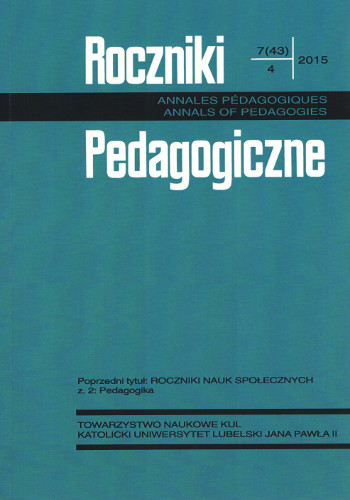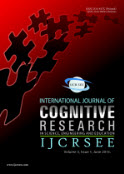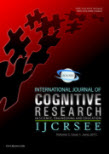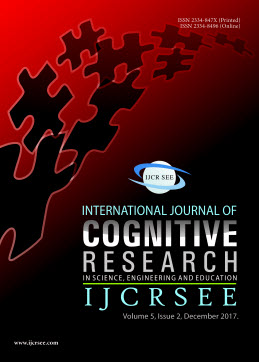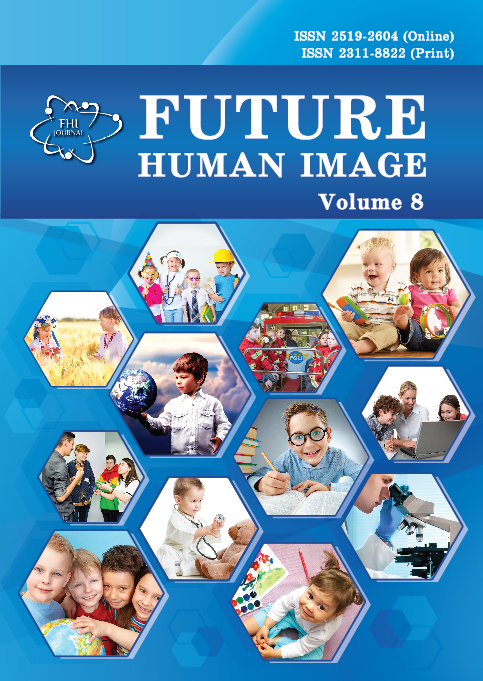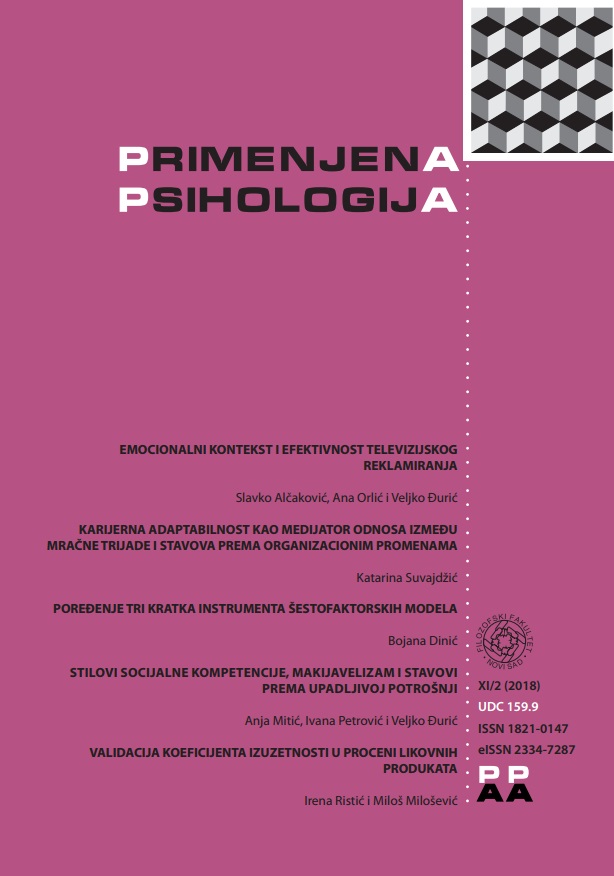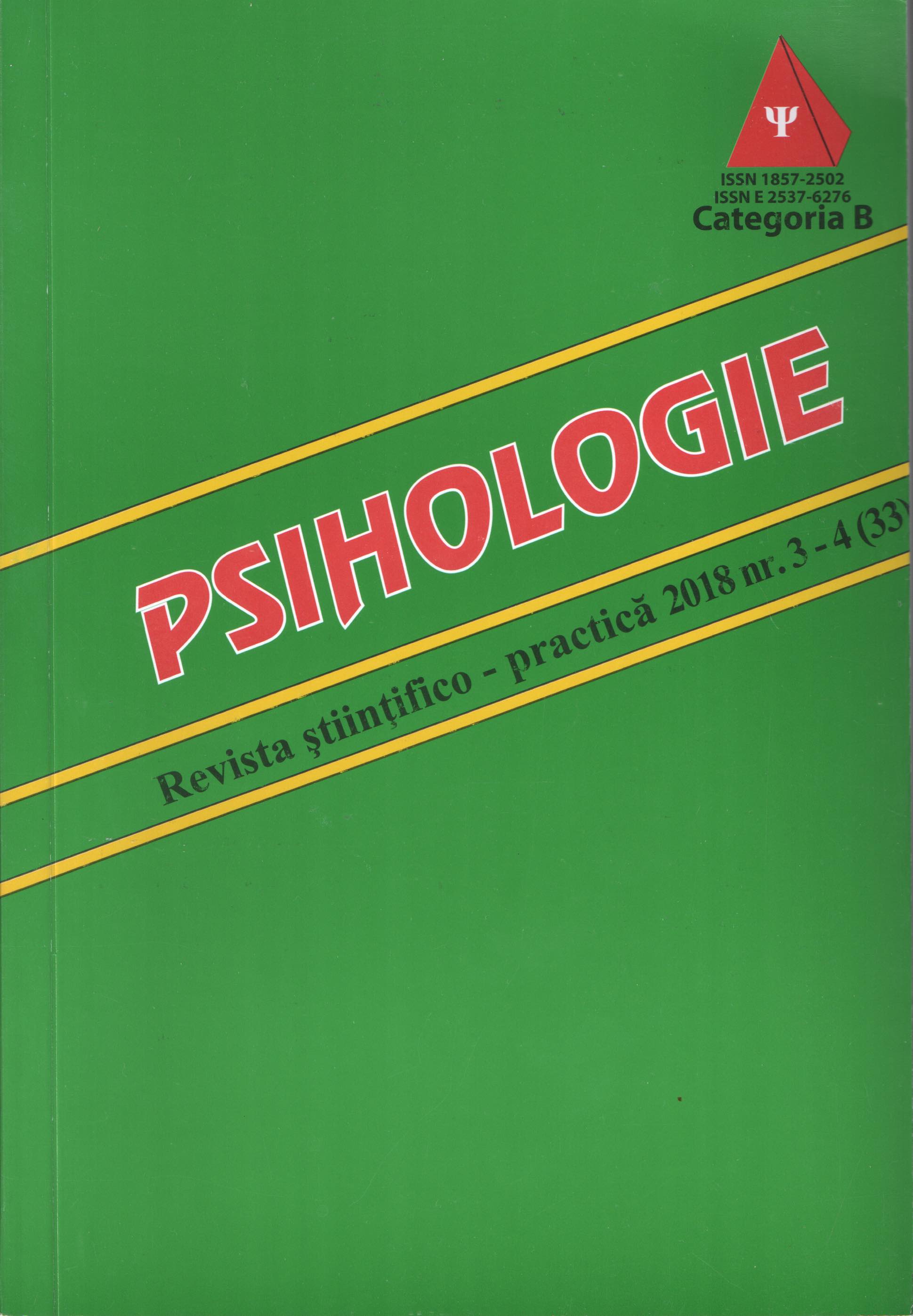ЕВОЛУЦИОНО-НЕУРОРАЗВОЈНЕ ОСНОВЕ РИЗИЧНОГ ПОНАШАЊА МЛАДИХ: СОЦИЈАЛНОПЕДАГОШКЕ ИМПЛИКАЦИЈЕ
Adolescence is an evolutionarily-preserved developmental stage which is characterized by dramatic physical, hormonal, neurological, and behavioral changes. One of the basic characteristics of adolescence is an increased tendency towards participation in reckless and risk behavior. However, greater youth involvement in risk-taking, in comparison with adults and children, cannot be entirely explained by reckless disregard of risk, irrationality, the illusion of own invulnerability, or rather by the wrong perception of risky situations. In this paper, the risk behavior in adolescents is discussed from the perspective of two theoretical-empirical frameworks – social neuroscience and evolutionary biology. The first part of the paper explicates the necessity of de-dramatization of adolescence. In the second, central, part of the paper, the basic findings of neurobiological research on adolescence are presented, as well as the basic postulates of the evolutionary model of risk behavior in adolescents. Finally, the authors elaborate on the potential social-pedagogical implications of modern knowledge of adolescence. The presented conceptual framework enables the interpretation of what is already known about risk behavior in adolescents and, at the same time, provides new assumptions, suggests new research directions, and presents a unique platform for the creation of comprehensive preventive interventions.
More...
